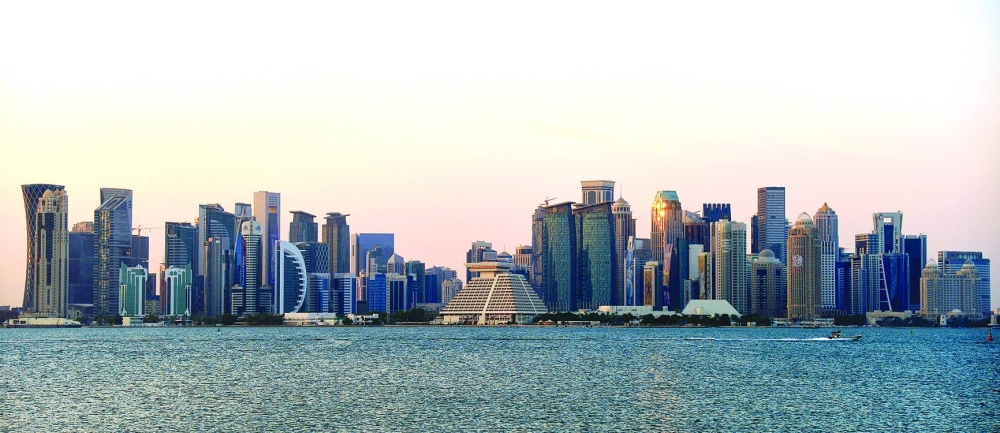
Emirates NBD has forecast Qatar's budget balance (as a percentage of its GDP) at 3.8% this year and 6% in 2024
Qatar's nominal GDP has been forecast at $227.3bn this year and $228.8bn in 2024 in a report by regional banking group Emirates NBD.
Real GDP growth has been forecast at 2.3% this year and 2.6% in 2024.
The country’s current account (as a percentage of its GDP) has been forecast at 20.8% this year and 22.8% in 2024.
Emirates NBD has forecast budget balance (as a percentage of its GDP) at 3.8% this year and 6% in 2024.
Inflation based on consumer price index is expected to be 3% this year and 2.5% in 2024.
In a report on energy transition, Emirates NBD said the conventional approach to analysing the economic impact of the energy transition is that economies highly dependent on the extraction of hydrocarbons will be challenged as the global economy reduces its dependence on hydrocarbons as energy inputs. This economic shorthand suggests that economies in the GCC — where oil and gas still represent a large share of nominal GDP and account for the largest share of fiscal and current account receipts — will need to substantially reform their economic structure in order to achieve long-term sustainable growth.
The need to diversify economies across the GCC away from reliance on oil and gas has been a strategic objective of all economies in the region for decades. Progress has been positive, though uneven, and has mainly been thanks to the development of other industries rather than oil and gas output declining, the report said.
The focus on the GCC as producers of energy, as sources of fossil fuels, obscures another challenge for the region. The region has one of the largest energy consumption footprints in the world, relying heavily on oil and gas as a primary source of energy as well as the main fuel in power generation.
Energy consumption in the Middle East and North Africa (Mena) region represents around 8% of the world total, slightly ahead of the region’s share of the global population (about 6% as of 2021). But growth in energy demand runs among the fastest in the world. On a generational basis—25years—primary energy consumption in the region is doubling.
That represents a slowdown from the near quadrupling in energy consumption recorded over the same time period in the 1980s but is still only second to Asia in terms of the pace of energy demand growth, a region which has nearly nine times the size of population as Mena, Emirates NBD said.

